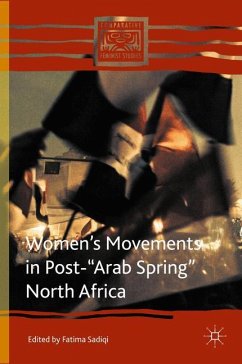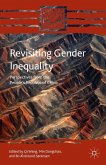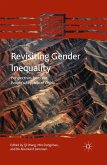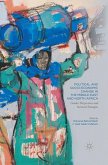Centering on women's movements before, during, and after the revolutions, Women's Movements in Post-"Arab Spring" North Africa highlights the broader sources of authority that affected the emergence of new feminist actors and agents and their impact on the sociopolitical landscapes of the region.
"This volume is a must read for anyone in search of a greater understanding of gender issues in North Africa since the Arab uprisings. It offers a theoretically nuanced and highly informative study of how women's movements operate in countries as diverse as Algeria, Egypt, Libya, Mauritania, Morocco, Tunisia and Sudan. Combining academic and activist perspectives, and highlighting the variety of women's experiences, the authors present rich evidence and incisive analyses. The volume makes a unique contribution to the scholarly literature on women's movements in the region." - Mounira M. Charrad, Professor of Sociology, University of Texas at Austin, USA, and author of the award-winning book, States and Women's Rights: The Making of Postcolonial Tunisia, Algeria and Morocco
"This collection provides exciting and important discussions of the women's rights movements in the Middle East and North Africa, spanning multiple national, historical, political, and social contexts. The comparative perspective is useful and timely, specifically underscoring the varying and multiple contexts that defy any facile or homogenous approach to studying feminist movements in the Middle East and North Africa." - Carol Fadda-Conrey, Associate Professor of English, Syracuse University, USA
"This collection provides exciting and important discussions of the women's rights movements in the Middle East and North Africa, spanning multiple national, historical, political, and social contexts. The comparative perspective is useful and timely, specifically underscoring the varying and multiple contexts that defy any facile or homogenous approach to studying feminist movements in the Middle East and North Africa." - Carol Fadda-Conrey, Associate Professor of English, Syracuse University, USA








